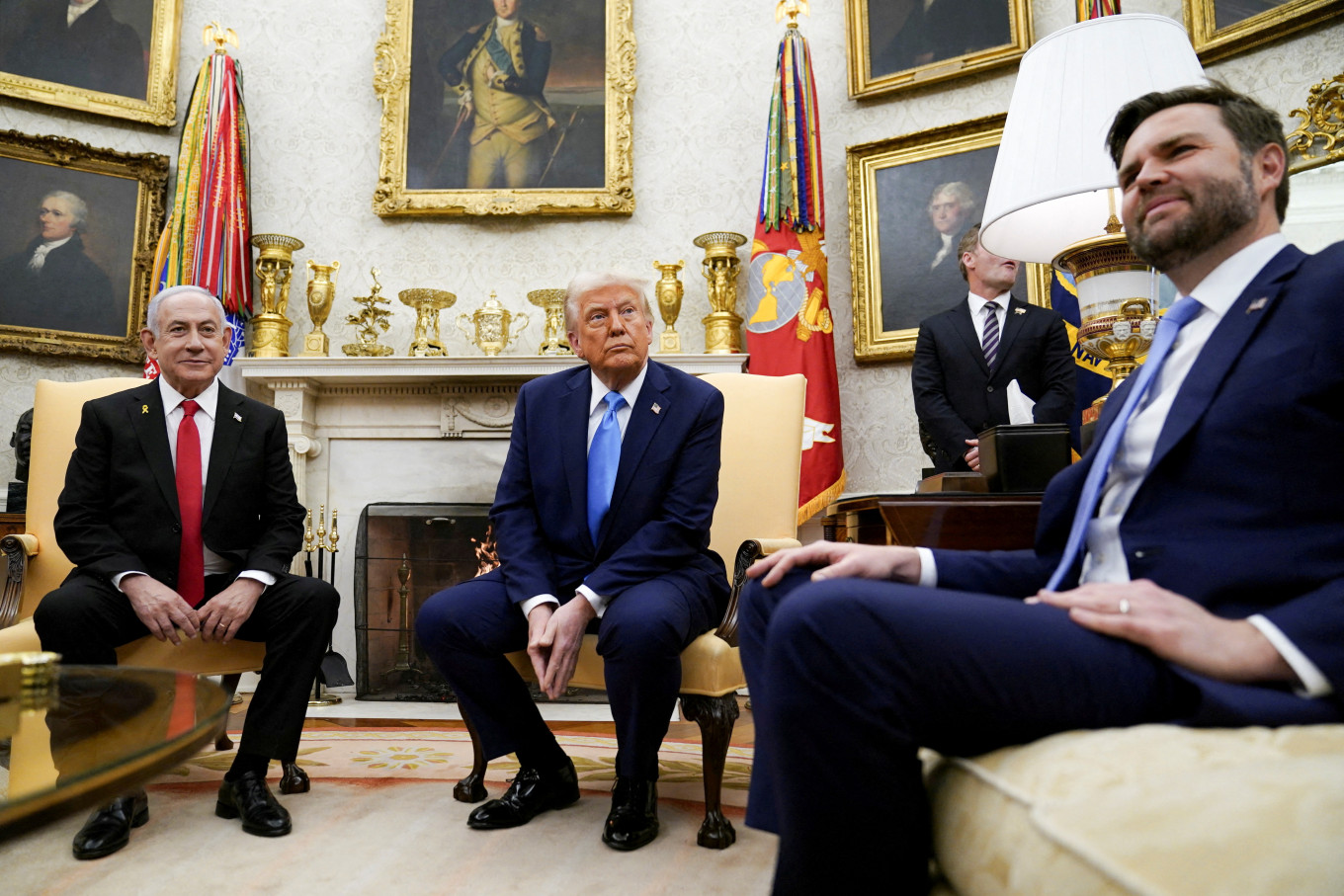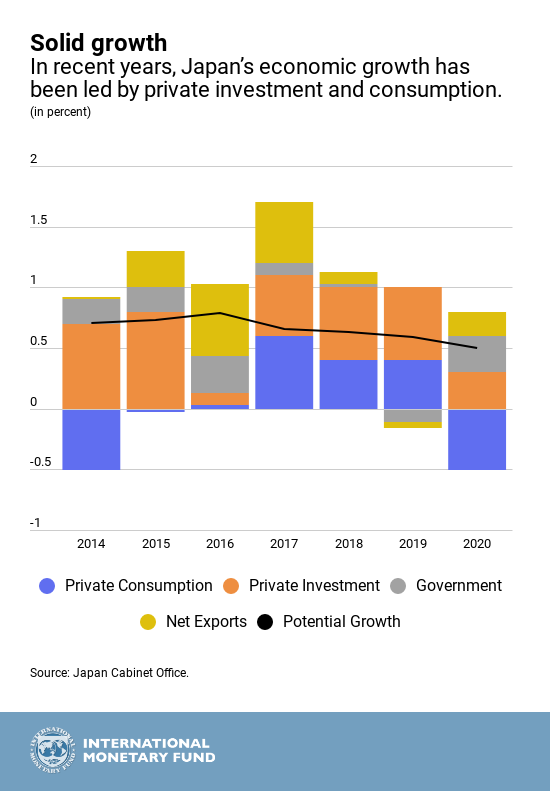Friends, buckle up. Yemen just took another dramatic turn. Salim Saleh bin Brik has been appointed the new Prime Minister, stepping into a role vacated by Ahmed Awad bin Mubarak. This isn’t just a cabinet shuffle; it’s a signal of the uphill battle Yemen continues to face.
Mubarak, in an earlier statement, threw in the towel, citing insurmountable obstacles in his attempts to rebuild national institutions and, crucially, combat the endemic corruption that’s suffocating the nation. Let’s be real, tackling corruption in Yemen is like trying to drain the ocean with a teaspoon – a noble effort, but incredibly challenging.
Bin Brik, stepping up from his position as Finance Minister, certainly has a grasp of the economic realities. But will understanding the problems translate into solutions? That’s the billion-dollar question.
Diving Deeper: Understanding the Context
The political landscape in Yemen has been fractured for years, fueled by a complex interplay of internal conflicts and external interventions. This appointment looks like a shift with an emphasis on economic stability.
Corruption is a massive drain on Yemen’s already limited resources. It impedes development, fuels social unrest and erodes public trust. New leadership needs a forensic approach.
Rebuilding national institutions requires a monumental effort. Yemen’s infrastructure is decimated, and its civil service is weak. Strong governance and strategic investment are vital.
The role of the Presidential Leadership Council is crucial. Its ability to provide support and direction to the new PM will be a key determinant of success – or failure.






